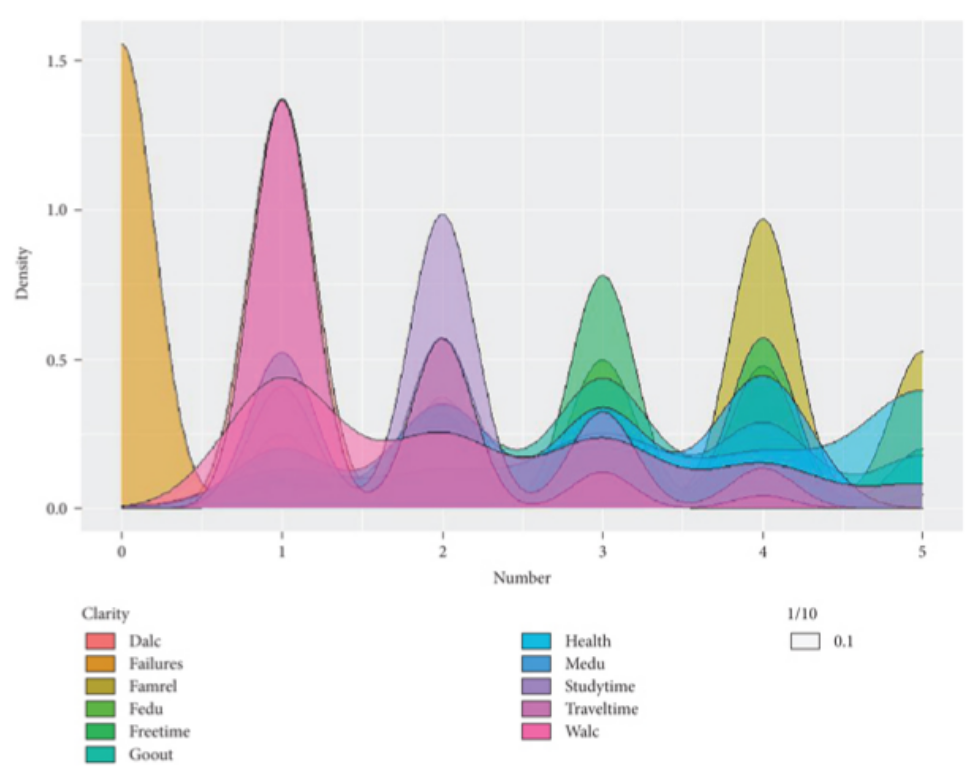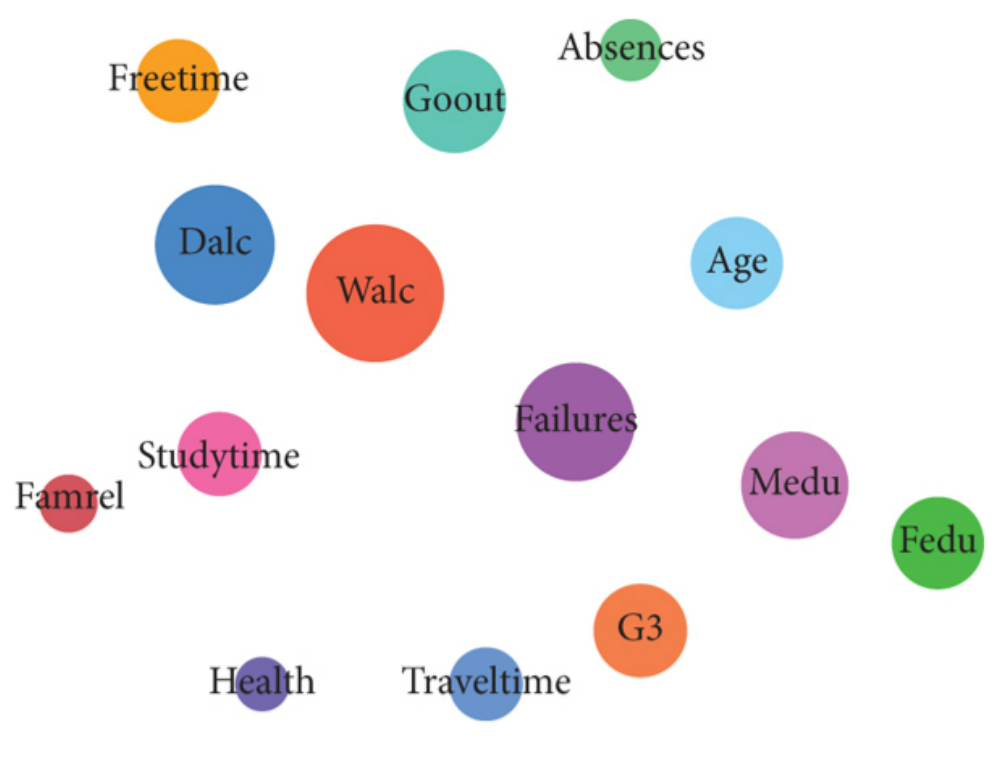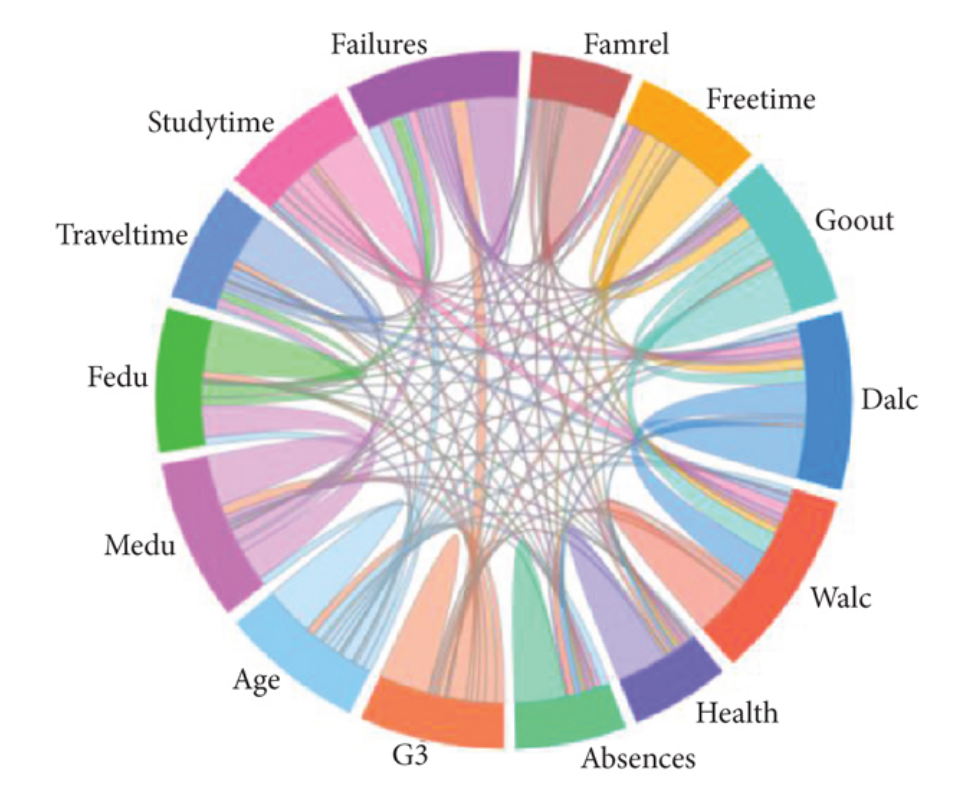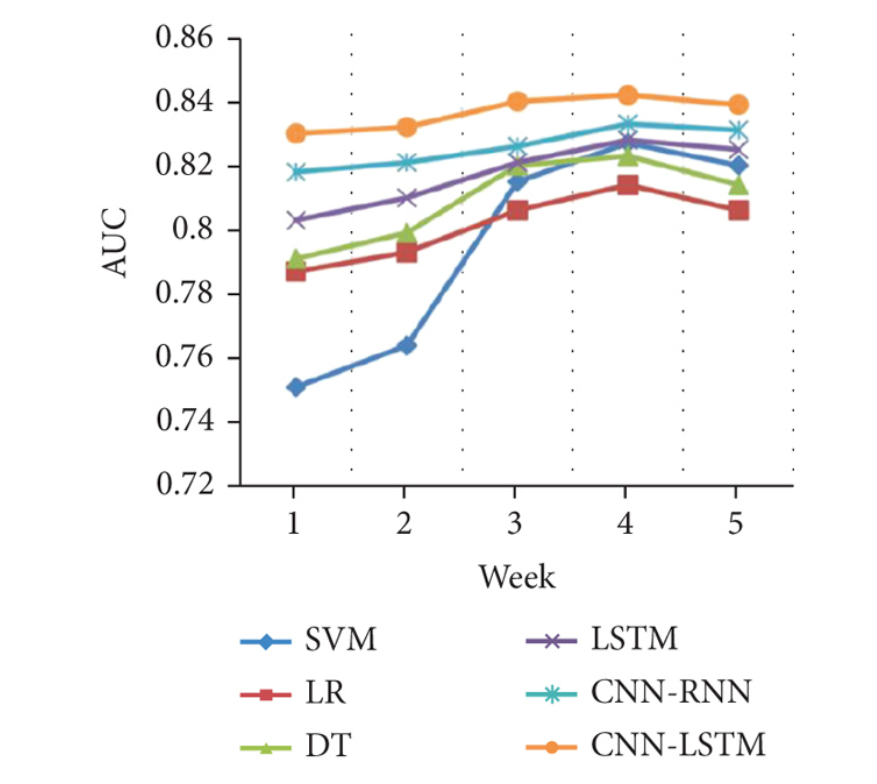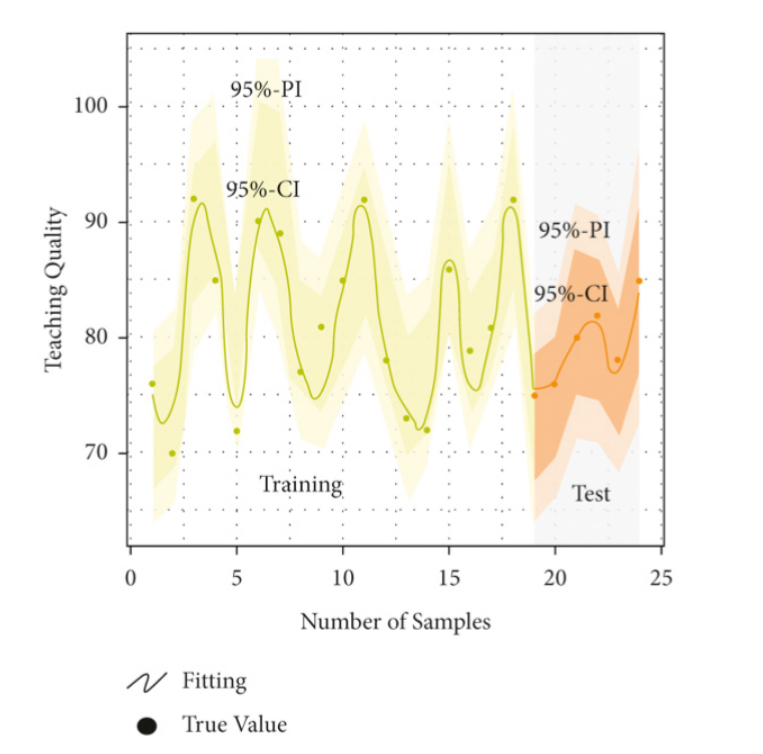 An open access journal
An open access journal
Innovative Pedagogical Approaches: Active Learning, Flipped Classroom, and Beyond
Abstract
This paper examines the evolution of innovative pedagogical approaches that transcend traditional teaching methodologies, focusing on active learning, the flipped classroom model, and emerging educational strategies. The paradigm shift from teacher-centered to learner-centered environments underscores the importance of engaging students in the learning process, enhancing their critical thinking, and fostering deeper understanding. Active learning strategies, characterized by student engagement, collaboration, and hands-on activities, contrast with passive listening and note-taking. The flipped classroom, a subset of active learning, reimagines the role of classroom time. It introduces content outside the classroom, often through digital means, allowing in-class time to be devoted to applying concepts in a guided, interactive environment. Beyond these approaches, this study explores the integration of technology in education, such as gamification, virtual and augmented reality (VR/AR), and personalized learning environments, highlighting their potential to further revolutionize educational practices. The effectiveness of these pedagogical approaches is analyzed through a review of empirical studies, indicating positive impacts on student learning outcomes, motivation, and satisfaction. Challenges, including the need for significant teacher preparation, technological infrastructure, and addressing diverse learning styles, are discussed. This paper concludes with recommendations for implementing innovative pedagogical approaches effectively, emphasizing continuous professional development, pedagogical flexibility, and the importance of institutional support.
Share and Cite
Article Metrics
References
- Freeman, S., Eddy, S. L., McDonough, M., Smith, M. K., Okoroafor, N., Jordt, H., & Wenderoth, M. P. (2014). Active learning increases student performance in science, engineering, and mathematics. Proceedings of the National Academy of Sciences, 111(23), 8410-8415.
- Bergmann, J., & Sams, A. (2012). Flip Your Classroom: Reach Every Student in Every Class Every Day. International Society for Technology in Education.
- Bishop, J. L., & Verleger, M. A. (2013). The flipped classroom: A survey of the research. 120th ASEE Annual Conference and Exposition.
- Gee, J. P. (2003). What video games have to teach us about learning and literacy. Computers in Entertainment, 1(1), 20.
- Mikropoulos, T. A., & Natsis, A. (2011). Educational virtual environments: A ten-year review of empirical research (1999-2009). Computers & Education, 56(3), 769-780.
- Prensky, M. (2010). Teaching Digital Natives: Partnering for Real Learning. Corwin Press.
- Johnson, L., Adams Becker, S., Estrada, V., & Freeman, A. (2014). NMC Horizon Report: 2014 Higher Education Edition. The New Media Consortium.

